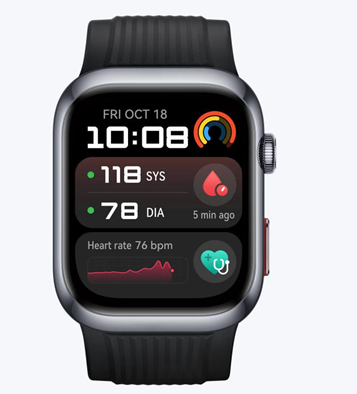Dehydration
can have serious health implications, including low blood pressure, or
hypotension. Understanding how dehydration affects blood pressure is vital for
maintaining overall health. This guide will explore what dehydration is, why it
leads to low blood pressure, who is most at risk, and how you can prevent and
manage low blood pressure caused by dehydration.

What Is Dehydration?
Dehydration
occurs when you lose more fluids than you take in. Our bodies need water for
essential functions like temperature regulation, joint lubrication, and
digestion. When dehydration sets in, these processes are disrupted. Even mild
dehydration can cause discomfort, while severe dehydration is a medical
emergency that requires prompt intervention.
Water
is essential for bodily functions. When we don’t drink enough, our bodies
become dehydrated. This can lead to an array of symptoms, including dry mouth,
fatigue, and dizziness. Mild dehydration can usually be remedied by drinking
fluids, but severe dehydration needs medical attention and can affect various
organ functions, including blood pressure regulation.
Why Dehydration Can Cause Hypotension
Dehydration
reduces the volume of blood in your body. Blood consists of approximately 90%
water. When you’re dehydrated, your blood volume decreases, leading to less
blood flowing through your veins and arteries. This reduction in blood volume
means less pressure is exerted on the walls of your blood vessels, causing your
blood pressure to drop.
When
you’re dehydrated, your body tries to compensate for the lost fluids by
narrowing the blood vessels, which can further contribute to low blood
pressure. For those who are pregnant, dehydration can be particularly
concerning, as it may be one of the factors that contribute to low blood
pressure during pregnancy. If you're wondering what causes low blood pressure in pregnancy, it’s often linked to hormonal
changes, increased blood volume demands, and the effects of dehydration.
Pregnant women are at higher risk because the body requires more water and
fluids to support both the mother and the growing baby.
Who Is at Risk of Dehydration-Induced Low Blood
Pressure?
Certain
groups are more vulnerable to dehydration and the risk of low blood pressure.
Older adults are particularly at risk due to diminished thirst response and
potential underlying health conditions. Children, due to their higher surface
area to body mass ratio, can also dehydrate more quickly.
Athletes
can lose significant fluids through sweat during intense exercise, making them
prone to dehydration. Likewise, individuals with chronic illnesses, such as
diabetes or kidney disease, who frequently monitor their fluid intake are at
greater risk. Pregnant women need more fluid intake to support their increased
blood volume and the developing fetus, making adequate hydration critical.
Being
aware of these risks can help you take preventive measures and maintain a
healthy balance of fluids in your body.

How to Prevent Low Blood Pressure from Dehydration
Preventing
dehydration-induced low blood pressure involves maintaining proper hydration.
Regularly drinking water throughout the day, especially before, during, and
after physical activity, is essential. Consuming water-rich foods, such as
fruits and vegetables, can also help you stay hydrated.
Avoiding
excessive alcohol and caffeinated drinks, which can lead to increased fluid
loss, is another vital measure. Additionally, using tools like the HUAWEI WATCH
D2 to monitor your blood pressure can provide real-time insights into how well
you are maintaining your hydration levels and overall cardiovascular health.
Tips for Staying Hydrated
1.
Carry
a reusable water bottle:
Having water readily available encourages regular sipping throughout the day.
2.
Set
reminders:
Use phone alarms or apps to remind yourself to drink water at regular
intervals.
3.
Eat
hydrating foods:
Incorporate fruits and vegetables like cucumbers, oranges, and strawberries
into your diet to boost fluid intake.
4.
Avoid
excessive alcohol and caffeine: These substances can dehydrate your body. Limit their
consumption to maintain hydration.
5.
Monitor
urine color:
A light yellow color indicates proper hydration. Dark yellow or amber means you
need to drink more water.
6.
Utilize
tech tools:
Devices like the HUAWEI WATCH D2 help you monitor your health, giving you
insights that can help you avoid dehydration.
Conclusion
Dehydration
can significantly impact your health by leading to low blood pressure.
Recognizing the symptoms and understanding who is most at risk can help you
prevent dehydration-related health issues. Adopting good hydration habits and
utilizing tools like the HUAWEI WATCH D2 for monitoring can help you stay on
top of your health. Remember that maintaining adequate hydration is a simple
yet effective way to support your overall well-being and avoid the
complications of dehydration-induced low blood pressure.
